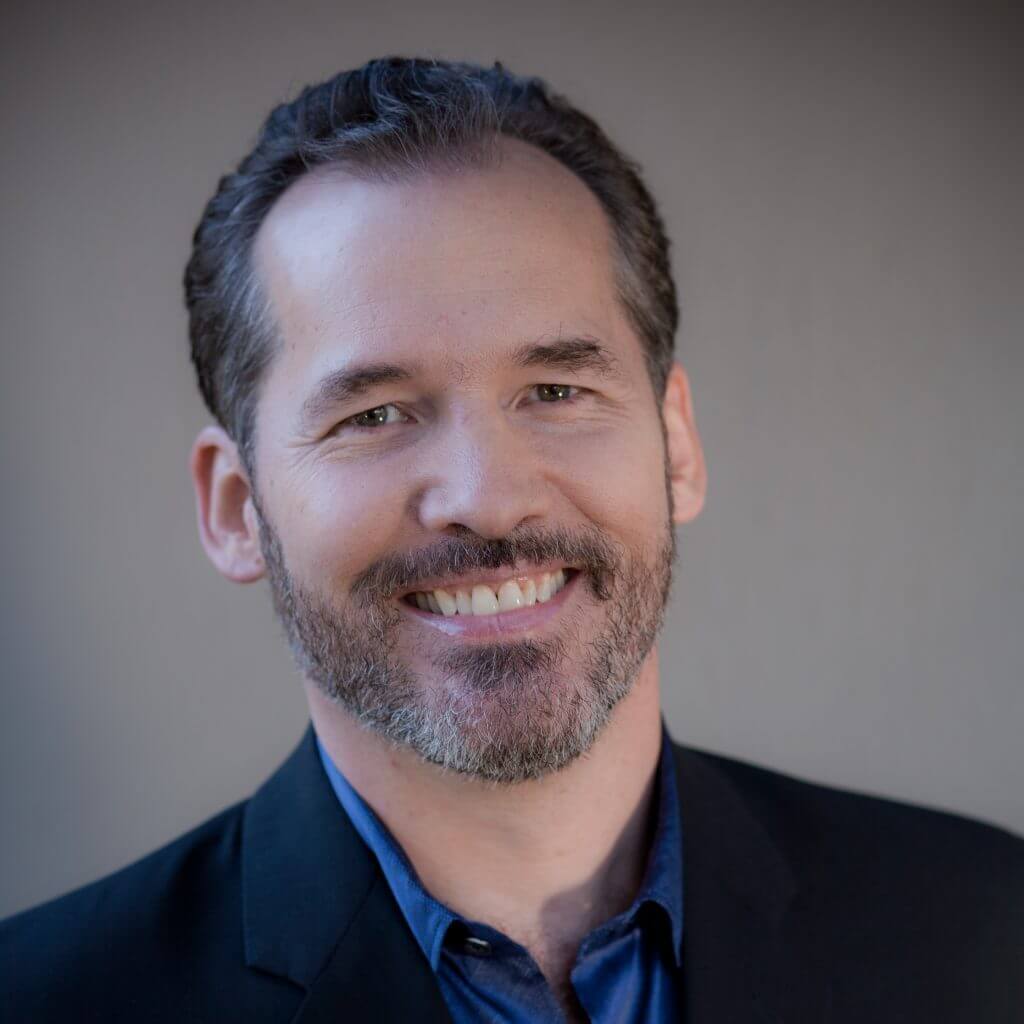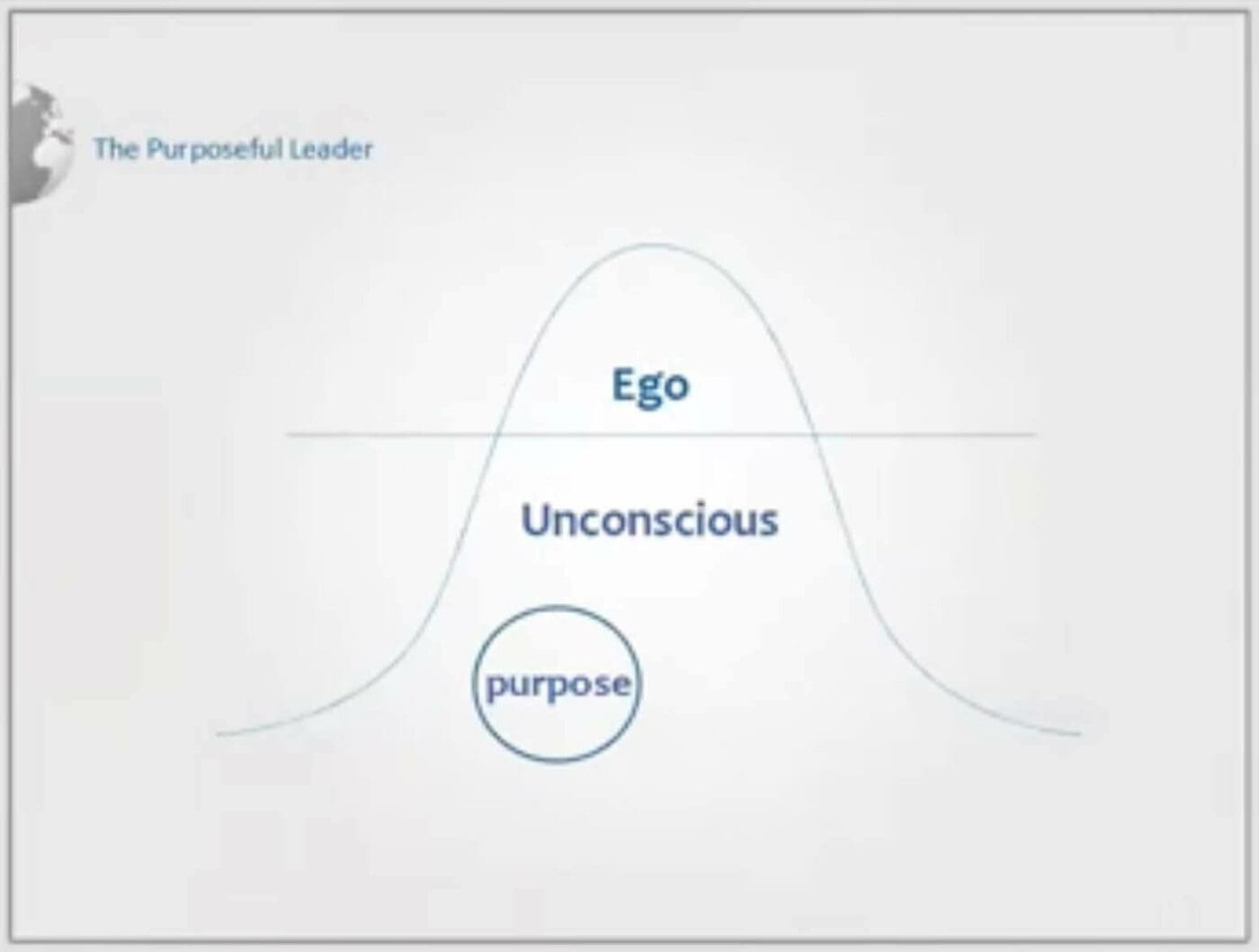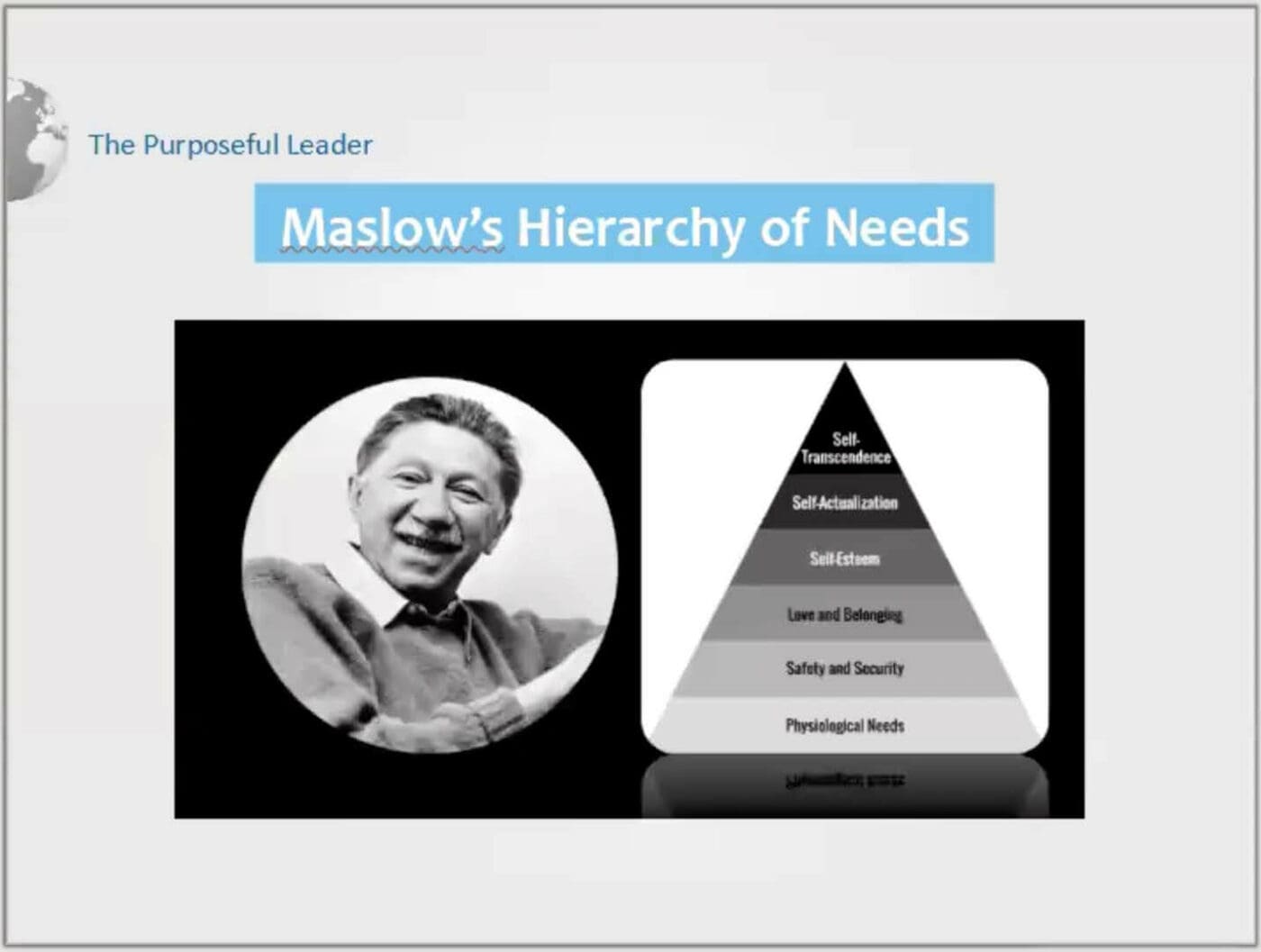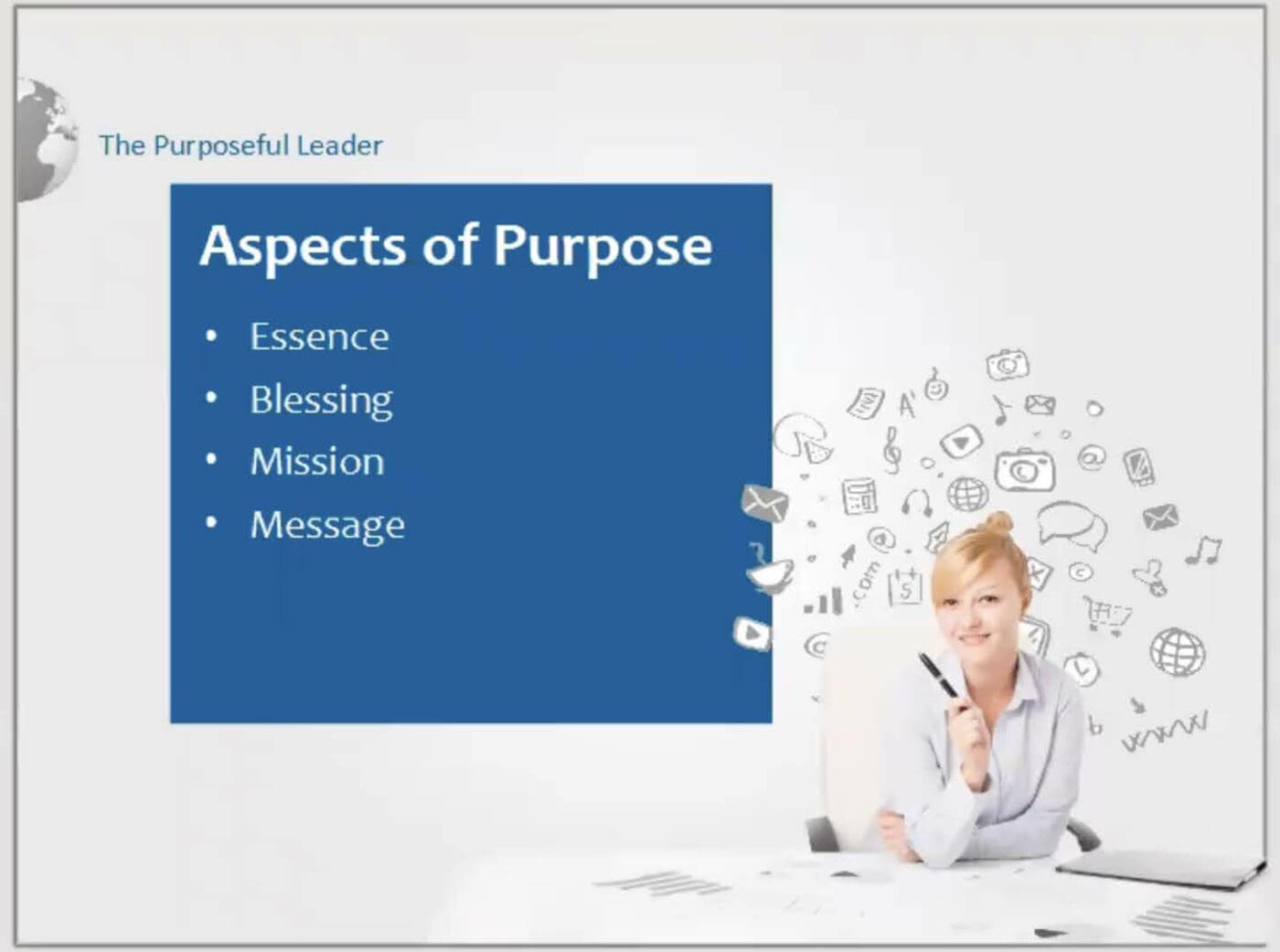
Tim Kelley is the Founder and Visionary Leader of the True Purpose® Institute. He is an international agent of change and thought leader on new paradigm systems and methods. He works with top leaders in many fields and countries to redesign and evolve society.
Tim has trained over 1000 consultants, therapists and coaches in his methods. He is the author of True Purpose and the best-selling coauthor of three other books. His methodologies have been featured internationally in magazines, newspapers and on television.
Tim’s client list includes top leaders and executive teams from such companies as Alibaba, ING, Oracle, Nabisco and PricewaterhouseCoopers. He has also worked with government ministers and presidential candidates and found the higher purpose of two countries.
Today, we’re going to teach you some of what finding your purpose looks like.
There’s more than one way to do it. And I’m also going to be specific about which kinds of people benefit from using which kinds of methods because the same methods aren’t necessarily the best methods for everyone.
Understanding where your purpose is with Tim Kelley
Let’s take a look at this image:


The ego in this case means your conscious mind, all the things you know, and all the things you think, your feelings, your emotions, your memories, your thoughts, physical sensations, anything of which you are aware.
And the unconscious is all the stuff of which you are unaware. That could be thoughts, forgotten memories, feelings, you didn’t want to admit that you had you suppressed. All sorts of stuff that you just weren’t paying attention to, or actively repressed is all in the unconscious? Well, for the vast majority of people except a tiny fraction of a percent. The purpose is part of the unconscious stuff.
For example, there are people who are born knowing their purpose, and don’t forget it, if they’re at age six, or age 80, they will know what it is. But that’s exceedingly rare. For the rest of us, we either never knew it, or knew it when we were really young and then forgot it.
If your purpose is in the unconscious, then there is a problem of communication. I spent a lot of time in high tech, it’s a data access problem, I was a database guy. So we’re trying to get this specific information from under the line to over the line. That’s the whole game.
This isn’t always the case, you could also believe that you get to choose a purpose, in which case, the information that’s under the line in the image is which purpose you should choose which one would work best. But for most people, it’s a sense of I have a purpose, I’m trying to figure out what it is.
Ways to move your purpose from your unconscious to your ego:
- Spontaneous revelation. You might receive an epiphany through a dream, maybe by accidentally hitting your head in the shower, any number of things could happen that would prompt you to suddenly become aware of your purpose. We call that a spontaneous purpose method, right? It just happens.This happened to me in a dream once, and this voice said, “Your purpose is to help others find their path”. And then the dream ended. That was the whole dream. When I woke up, I thought, “oh, yeah, I didn’t know my purpose when I went to sleep and I didn’t even ask about my purpose when I went to sleep, but now I know what it is”.
- A second way that this happened. This is a more common one, only a few percent of people are able to find their purpose as spontaneously as we mentioned above. If you hire a coach or read a book, or go to a workshop, 99% of the time, it will be this technique. It’s a very common method. The technique involves asking you a bunch of questions about your life. And the questions can be like, “what did you want to be when you grew up?” Or “what would you do if you won the lottery?” Or “what would you do if you had a year to live?” Etc.
Indirect methods:
The idea is that you can write the answers to those questions, however it’s preferred that someone else would write the answers. Think of it as if you’re performing brain surgery on yourself. That can be hard. But someone looking at the answers you came up with could play connect the dots and help you see patterns in the answers. For example they can be like “oh, look, all these answers involve children, I wonder if your purpose has something to do with children.” These are called, in my world, indirect methods. They’re indirect, because they’re trying to infer something about the purpose from the available evidence.
For example, I live in Berkeley, California. Where earthquakes are relatively common. Berkley is about three miles above the Hayward Fault. So when the Hayward Fault moves, we get a little wiggling up here on the top. How do they know it’s three miles down, they didn’t dig a hole. They had sensors placed around and when there was an earthquake the sound hit here so many milliseconds before the sound hit there, they triangulated it and figured out “ah-ha! it must be down here in the Hayward Fault”. That’s like the indirect methods.
We’re using the echoes of the influence, of the purpose that we can detect above the line to infer what’s going on down below the line.
These methods are relatively quick. You can do it in an hour or two.
They almost always work in producing some sort of purpose, and although they’re not super precise, they’re relatively accurate.
Direct methods:
The methods that are most accurate, but also more difficult to use, also called direct methods. That’s where you drill down three miles to figure out exactly where the fault is super accurate. So would you do the more work if you wanted a more accurate purpose? Why would you want a more accurate purpose?
Well, a couple reasons. Maybe you’ve already tried the indirect methods, and you’ve got some sort of purpose statement where they’re usually very short, for instance, “my purpose is to help people” or “my purpose is to be a good leader”, or “my purpose is to leave the world a better place than I found it”. That’s what indirect purpose statements often sound like. If that’s not really providing enough, or pushing enough motivation or a feeling of fulfillment for you, then you would go for the direct methods. The other reason you would go for the direct methods is if you’re a change agent, if you’re called to change the world, one of those vague purpose statements isn’t going to work that well for you. You’ll feel this need to know exactly how to change the world and what to do. Those kinds of purpose statements don’t have enough information in them to do that. So you’ll be looking for the direct methods.
How they work is by actually having communication with someone or something that already knows your purpose. Or if you believe you get to choose your purpose, something that already knows which purpose would work best for you, if you chose it. Now, what is this thing you’re going to ask? That’s the key question, what are you going to ask that’s going to tell you what your purpose is? There are three different ways to answer that question.
I call them trusted sources. That’s just my made up term. An internal trusted source is the part of you that already knows what your purpose is. So imagine for a moment that your conscious mind doesn’t know your purpose. It’s the one asking the question, but some other part of you does know your purpose, and could answer it. My question is, which part would that be? What would you call the part of you that already knows your purpose?


Exercising these direct methods:
Write down on a piece of paper or document the title, trusted sources:
The first thing I want you to write under there is anything that’s part of you, that might know your purpose and could tell you, whatever you call that, right, if it’s inner source, inner truth higher self, etc. It doesn’t necessarily have to be God, it could be Allah, Buddha, archangels, universe, source or the force. Anything that’s big enough that you could communicate with and it could talk back. Not everyone believes in such a thing. If you believe there is such a thing, and if there might be more than one, write its name on your list. If you don’t believe there is such a thing, you don’t have to write anything. Only write it if you believe in it.
The second thing to add to the list is something called a personal trusted source. Some examples of this would be a spirit animal, a loved one who’s passed away, a spirit guide or your guardian angel. If you have a sense that maybe there’s something following you around, looking out for you, and that it might know your purpose, write it on your list. Add the name of this trusted source.
So the idea with the direct methods is, it’s an interview where you dial up one of these trusted sources, and you say, “Hey, Guardian, Angel, God, Spirit guide herself, grandma, I want to know my purpose. What is it?” And it answers and it tells you.
How does it work? There are a few ways- you could go into meditation and picture the source and have a conversation with it. You could ask for a dream before going to bed. And you might get lucky, maybe the trusted source will show up in the dream and give you information about your purpose.
Another great method you can use for this exercise, write your name and write the trusted sources name and write out a conversation. For instance, “hey, spirit guide, what’s my purpose?” and just write out the whole conversation. Make sure you’re not trying to guess or infer what the source would say. We want to call it up and have a two way conversation with it and have it answer questions.
The key thing that has people wanting to use these methods to find and live their purpose is if they know their purpose, and they’re acting on their purpose consistently.
Not only will this help you feel like you’re navigating through life in a way that seems as if you know what’s coming, you will tend to produce results that you literally shouldn’t have been able to produce, you will be able to achieve things that logically are beyond your scope and beyond your capabilities.
When I learned my purpose, years ago, it became clear to me that I was going to work with world leaders and CEOs like Amir (Guidely’s CEO) and other people running huge corporations. At that time, I didn’t have relationships with any of those people. I knew I couldn’t come up with a logical plan, the best thing I could do is follow my purpose and see what happened. So I did, and what happened was, all the stuff that I was predicting happened more or less by chance. I knew the trusted sources manifested it all for me. And I just followed the guidance of my trusted sources.
The different aspects of purpose
Before we go over the different aspects of purpose, I want to get into one important thing, which is, why isn’t everyone having conversations with trusted sources and learning their purpose all the time? The answer is fear. Think about it for a moment. Imagine that your phone was ringing. And on the other end of the line was your trusted source. And you knew it was calling you to tell you your purpose now. You can probably feel part of you that’s like, Yay, answer the phone. But you can probably also feel another part of you that’s like, “Ooh, maybe I should let it go to voicemail”. So let’s focus on the second reaction. Why would you want that to go to voicemail? If my trusted source were calling with my purpose, I might not answer because, why write it down? The key reason why people don’t know their purpose is fear.


This is Maslow himself next to Maslow’s hierarchy. He added “self actualization and self transcendence” late in his life. The top two levels of this pyramid are where purpose lives, self actualization is “be all you can be”, “live your gifts to their fullest”, “have the greatest impact” etc. Self transcendence is evolving to such a point, that you’re not really concerned about your own needs anymore. Not only you start to worry more about the needs of others and the needs of the world than your own, which often happens because your own needs are being really well met. But also you evolve spiritually to the point where your sense of identification isn’t only with yourself, you start to think about your family or your society or the planet as yourself.
Your sense of ego and your sense of self grows beyond this one individual biological being.
Learning your purpose is simple and easy, once the fears are out of the way, but that’s very difficult to do for yourself, just trying to power through them doesn’t really work. A lot of the fears aren’t even conscious. You have to surface them and make them clear to yourself first. You have to have a strategy for dealing with those fears. There’s a technique involved in clearing the fears too. Once you’ve cleared the fears, then you can get the purpose in detail.
The aspects of purpose:
There are four different types of purpose statements that we use:


The direct methods, where a trusted source is telling you your purpose, can actually tell you four different types of purpose information. You could have one or four different purpose statements:
1) Essence is being, essence is purpose as who you are not what you do. So with essence, we’re saying I am when I’m being my purpose, I am being this. And it could be a tree, a dragon could be love, right? But it’s something that you express as a state of being rather than as an activity.
2) Blessing is the activity. This is the thing you do with and to other people when you’re doing your purpose. Mind is transforming things into their divine forms, and includes people, transforming people into their divine forms. This could be showing people the way, showing them their divinity, connecting them to their true selves, which could reveal their brilliance.
3) Mission, like the one I said before, transforms businesses from a profit driven to a purpose driven activity. That’s a big do once right, this is how you’re supposed to change the world, right? For you, the particular change you’re supposed to make in the world is your mission,
if it’s about war, creating social equity, uniting the religions, whatever it is, that’s your mission.
4) Message, this is the most important thing that you could communicate to the world if the world were listening. What would be the most purposeful thing you could say? For me, although my message is a bit longer, to summarize it, it’s “the time to create heaven on earth is now” that’s the essence of my current message. These things are detailed. And they’re very difficult for the conscious mind to come up with this kind of stuff. But easy for a trusted source to tell you exactly what your essence is exactly what your blessing is exactly what your mission is exactly what your message is. And if you’re really curious about your purpose, or if you’re a change agent, or a messenger, right, you’re called to change the world, then this level of detail is super important for you.
In our experience, the only way to get this stuff, this much information this detailed and this accurately, either divine revelation spontaneous, right? Or talking to a trusted source. The indirect methods can’t reveal all of this stuff in this level of detail, they can do so, but very rarely.
We hope you enjoyed this blog and gained the tools to find and unlock your purpose!
Learn more about Tim Kelley here.




